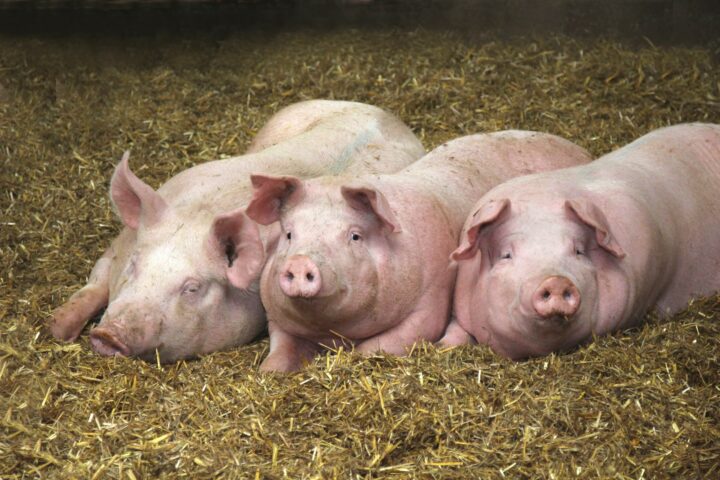
Arguments for new breeding technologies
Plant breeding is complex. Accordingly, there are many questions in the discussion surrounding new breeding methods. swiss-food.ch has compiled the most important questions and answers on new breeding technologies.
Sunday, March 20, 2022
The scientific consensus on the safety of modern breeding methods is strong. The modern breeding methods are much more accurate than many of the classical approaches that have been used in Switzerland for a long time and also interfere with the genome of the plant. For leading researchers in the field, it is clear: It is simply wrong to claim that there is no data base.
Research has been conducted on genetic engineering for decades. The potential risks, including those relating to new procedures, have been investigated over and over again. Genetically modified plants pose no greater risk than conventional plants. This was also confirmed in 2012 by the National Fund Project 59 (NFP 59). The scientific consensus is comparable to that on human-induced global warming. A survey of around 2000 American scientists from the fields of biology and biochemistry showed in 2014 that 91 percent of the respondents considered the consumption of genetically modified foods to be completely harmless.
This also applies to the new more precise breeding methods. Applications of genome editing are more accurate and have been shown to cause fewer so-called "off-target effects" (mutations at unwanted places) than methods already approved today, such as classical mutagenesis. The Swiss Academy of natural Sciences (SCNAT) points out on several occasions that the scientific basis can be considered sufficient to adapt the legal provisions to the current state of knowledge and that breeding techniques will no longer play a role in regulation, but only the product, i.e. the plant with its new properties.
This is also confirmed by Prof. Wilhelm Gruissem from ETH Zurich, who was already a major participant in the NFP 59. In an interview, he points out that there are numerous studies that show that the new breeding methods, just like conventional breeding methods, can also be used at a manageable risk. In view of this, the claim that there are no reliable data and only a small amount of information on the new genomic procedures, as also made in the context of the debate in the National Council, has been made out of thin air.
These and other arguments can be found in our detailed Q&A on the new breeding technologies, available for download below.
Sources
Related articles

Why consumers accept gene-edited foods on their plates
Acceptance of gene-edited foods increases when their tangible benefits are clear to consumers. Studies show that visible advantages for health, the environment or food security are key to public support.

What’s Really in Your Shopping Basket
Genetic engineering in our shopping basket? Yes – and much more often than we think. Whether it’s pasta, bread or vegetables: many of the everyday products we consume come from mutation breeding, which involves altering the genome and is considered safe. It’s high time to debunk the common myths.

Genomic breeding methods are not given a chance to prove themselves
Modern genomic breeding methods are legally classified as genetic engineering – and are therefore still effectively blocked. Yet we have been eating genetically modified plants for decades, just under the label of “classical mutagenesis.” The new, more precise techniques are regulated more strictly than the old ones, even though they are considered safer from a scientific perspective. A contradiction that urgently needs to be corrected. The EU is setting a good example.

No Pig Business: Why Testicle-Free Boars Are a Clear Win for Animal Welfare
New breeding methods are opening up new possibilities in both plant and animal breeding. They allow targeted genetic changes that can make animals more resilient, adaptable, and healthier.

